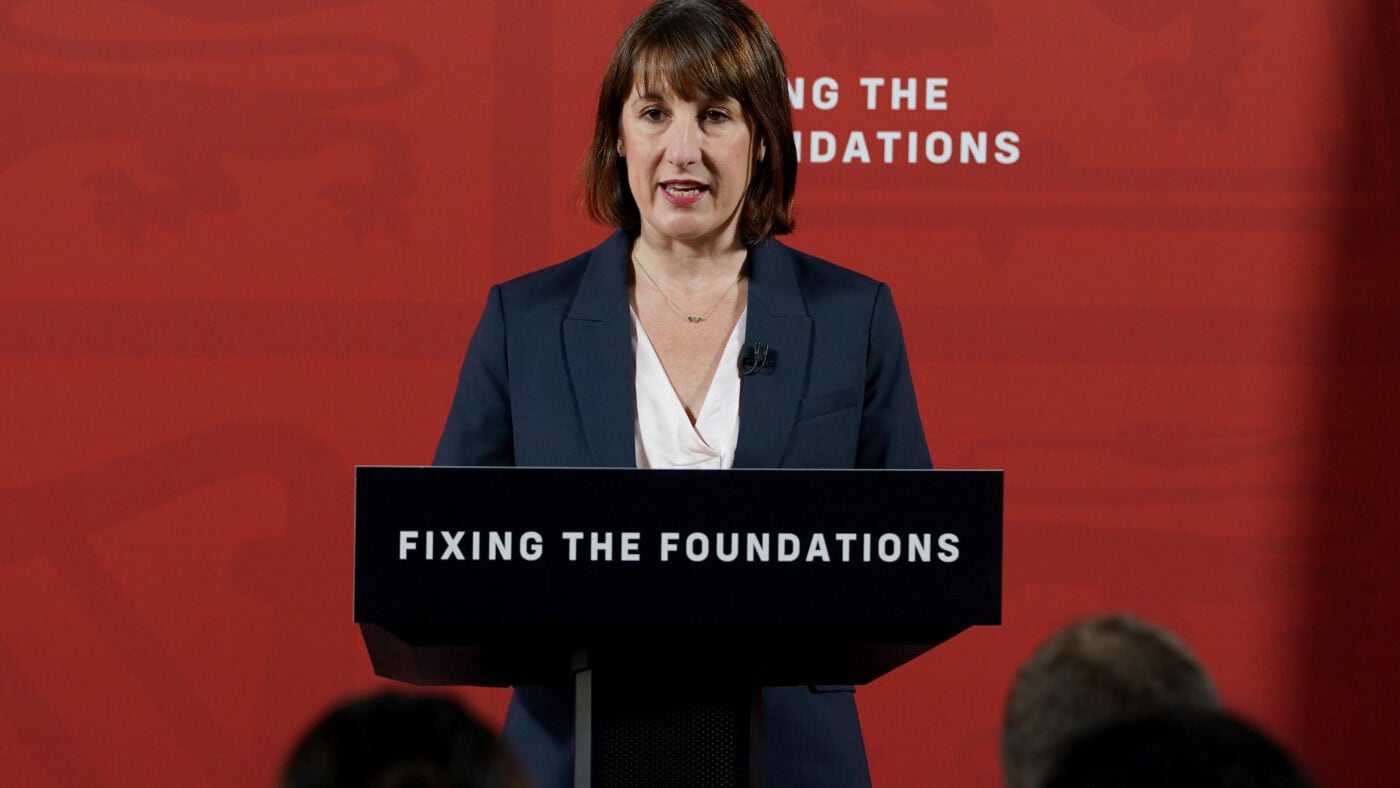It is tempting to dismiss Rachel Reeves’ statement to Parliament on the health of the public finances as merely a piece of political theatre. The main purpose was indeed to blame the Conservatives for the consequences of decisions taken by the new Labour government, and to prepare the ground for tax rises in the Autumn. But there was more to it than that.
For a start, the results of the Treasury audit do seem to have identified a genuine problem. The chairman of the Office for Budget Responsibility, Richard Hughes, had already complained about the lack of detail in the Government’s medium-term plans for public spending. Crucially, the OBR has to take these plans at face value, regardless of how realistic they may be.
One welcome outcome of the audit is therefore that there will be better sharing of information between the Treasury, the OBR and (hopefully) the rest of us, including on in-year spending pressures. The OBR has also initiated a review into the preparation of the Departmental Expenditure Limits (DEL) forecast for the March 2024 Budget.
The second positive is that the new Chancellor appears willing to take politically difficult decisions to save taxpayers’ money, notably the ending of winter fuel payments for pensioners who are not claiming other benefits. This is obviously controversial but, in my view, fully justified.
Nonetheless, this is a U-turn from Labour’s previous position. When in opposition, the new Chief Secretary to the Treasury, Darren Jones, had specifically criticised the idea of means-testing these payments, saying that ‘pensioners mustn’t be forced to bear the brunt of Tory economic failure‘. And yet, here we are.
Similarly, the decision to save money by scrapping plans for a cap on the costs of social care breaches a campaign commitment made by the new Health Secretary, Wes Streeting. Which promises will be broken next?
Of course, Labour’s line is that this is all the fault of the Conservatives, who have left a projected overspend of £21.9 billion this year. This number is not implausible – after all, this would be less than 2% of total spending. However, the former Chancellor, Jeremy Hunt, can reasonably question where the blame lies.
The biggest single item (around £10bn) is the large bill for above-inflation pay rises in the public sector – a policy choice by the new Government – which will only be partly funded by efficiency savings.
This is closely followed by more than £6bn for the cost of asylum and illegal migration. The potential bill here does seem to have been under-reported. But again, the Conservatives can reasonably claim that the costs will be higher than they would otherwise have been because the new Government has cancelled the Rwanda scheme without having a clear alternative in place.
Moreover, there is a whole raft of areas where Labour has decided to spend more money, including Ed Miliband’s mad dash for decarbonisation, while cancelling the Conservatives’ planned welfare reforms and public sector productivity drives that could have saved tens of billions.
Above all, this is ‘abacus economics’ of the worst kind. Even taking the Treasury figures at face value, the immediate savings identified will only reduce this year’s spending overshoot from £21.9bn to £16.4bn. This suggests there will still need to be substantial tax rises in the October Budget to help close the gap.
I considered some of Labour’s options on tax here. In short, my guess is that there will be about £10bn of tax rises, notably on capital gains tax and inheritance tax, with the rest coming from cuts in spending, especially infrastructure.
In the meantime, the Government announced on Monday that it would take the toughest possible approach to the taxation of non-UK domiciled individuals (‘non-doms’). Mixing my metaphors, this could be the straw that breaks the camel’s back and drives away the golden goose!
The Chancellor has also decided to double down on the existing fiscal rules, which are essentially arbitrary and needlessly hold back the economy. The current framework places far too much weight on a single set of forecasts produced by a single body, which will inevitably be wrong.
To be clear, this is not a criticism of the OBR itself. The watchdog’s forecasting record is no worse than other similar organisations. The OBR is also receptive to outside views, and open about the gaps and uncertainties in its analysis. Instead, the problem is that the OBR’s numbers are taken as gospel by others and used mechanically to drive policy decisions.
Indeed, Rachel Reeves sounded more like an accountant than an economist – finding a few billion here to offset overspending there, rather than taking a rounded view. The result is likely to be further cuts in infrastructure spending and large increases in taxes on savings and investment, which is not a good look for a Government that says it intends to prioritise growth!
Click here to subscribe to our daily briefing – the best pieces from CapX and across the web.
CapX depends on the generosity of its readers. If you value what we do, please consider making a donation.


